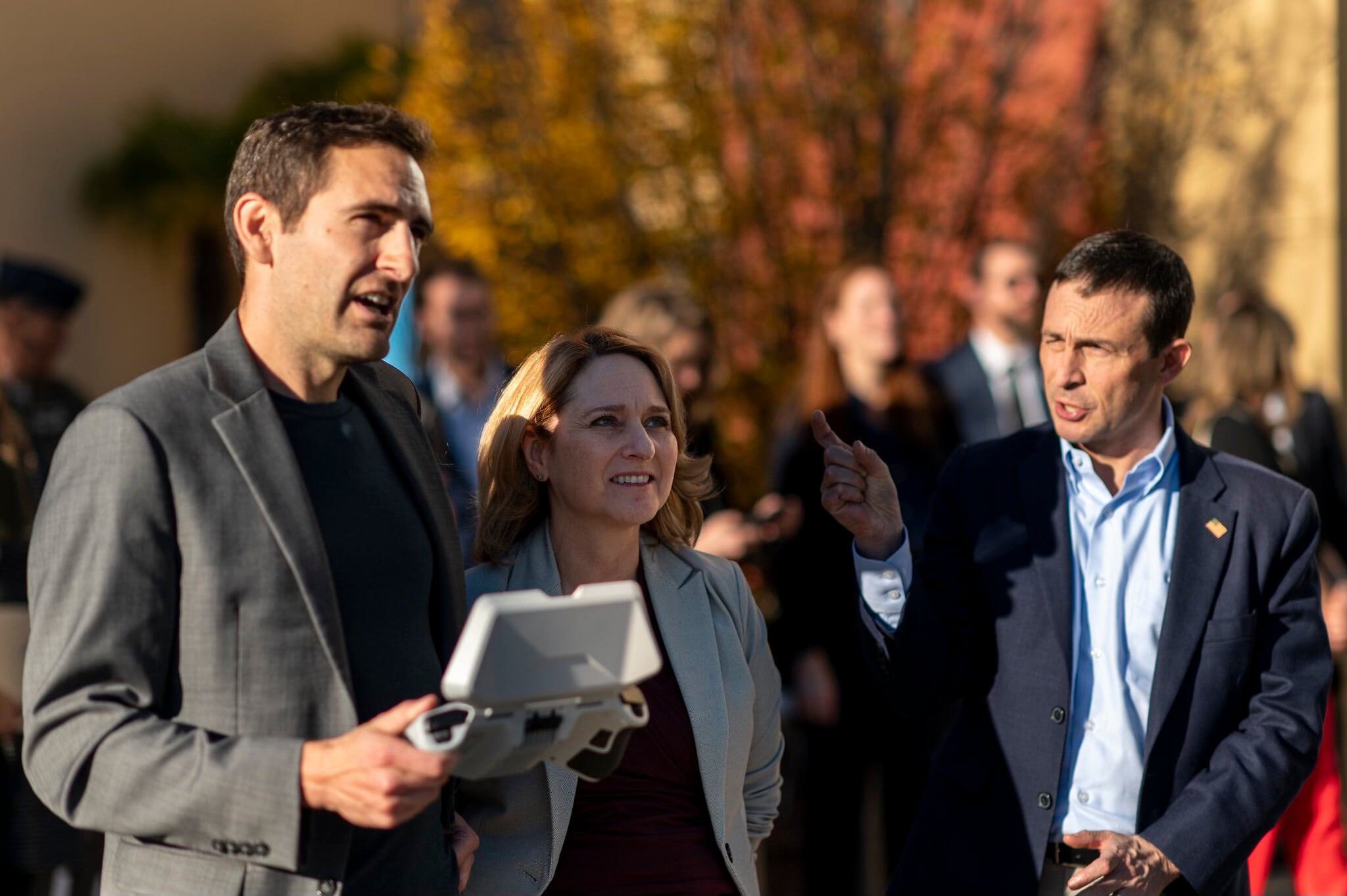The U.S. Space Force’s stopgap Arctic communications system has passed another major milestone, with it’s Control and Planning Segment (CAPS) ground system passing a critical design review.
The Space and Missile Systems Center said officials completed a “delta critical design review” of Enhanced Polar System Recapitalization’s (EPS-R) CAPS design June 25. In a press release, SMC noted the assessment included three months of review by the government and contractor teams, covering areas of risk, software and hardware requirement traceability, testing, performance, cost and schedule.
Slated to launch in late 2022, the EPS-R payloads will fill a vital gap in providing secure communications for war fighters in the Arctic. The constellation it’s replacing, the Enhanced Polar System (EPS) is not expected to last until the polar components of the Protected Tactical SATCOM and Evolved Strategic SATCOM are fielded in the 2030s, and so EPS-R will serve as a stopgap measure in the interim. Both EPS-R and EPS are effectively the Arctic components of the Advanced Extremely High Frequency constellation.
Northrop Grumman was awarded a $429 million contract for the two EPS-R payloads in February 2018. The payloads will be hosted on two Space Norway satellites. The EPS-R payloads passed critical design review in October.
Northrop Grumman was also awarded an $87 million contract in May 2019 to design and build the Control and Planning Segment (CAPS) which will manage both the EPS-R and EPS payloads.
“The EPS-R program’s unprecedented approach provides an advantage to warfighters in the increasingly contested Arctic region. EPS-R leverages the best practices of our industry partners, in concert with commercial space and launch vehicle providers while collaborating with our Norwegian partners. The EPS-R CAPS system will command the EPS/EPS-R constellation allowing US Space Force space operators to provide continuous communication services to Arctic users,” explained Maj. Craig Zinck, EPS-R Ground program manager, in a statement.
EPS-R CAPS will now move to further testing.
Nathan Strout covers space, unmanned and intelligence systems for C4ISRNET.






